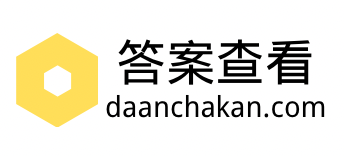【单选题】【消耗次数:1】
( )是教师和学前儿童合作收集学年中不同时期具有代表性的阅读、描述等作品,把这些作品与教师的文字说明放在一起,可以帮助教师看出学前儿童的发展和进步。
①
观察评估法
②
作品分析法
③
谈话法
④
档案评估法
参考答案:

纠错
相关题目
【简答题】
简述学前儿童教学活动中教师与儿童一起控制的策略。
【单选题】
学前儿童科学教育评价可以促进教师专业发展体现了学前儿童科学教育评价的( )意义
①
提高学前儿童科学教育的水平
②
改进学前儿童科学教育的依据
③
积累学前儿童科学教育经验的主要途径
④
控制学前儿童科学教育质量的手段
随机题目
【单选题】
—Good morning, John. How are you doing?—____.
①
Im pleased.
②
Good night.
③
Not so bad. And you?
④
How do you do?
【单选题】
16. By using virtual reality programmes, it is possible to ____ deep into outer space without ever leaving Earth.
①
explore
②
find
③
escape
④
stay
【单选题】
Three-fourths of the homework ____ today.
①
has finished
②
has been finished
③
have finished
④
have been finished
【单选题】
Not until the early years of the 19th century ____ what heat is.
①
man knew
②
did man know
③
man did know
④
didn’t man know
【单选题】
The gate is too____ for a car; we’ll have to walk through. ?
①
shallow ?
②
loose ?
③
broad ?
④
narrow?
【单选题】
I’d like to ____ a single room at the holiday inn for two days.
①
serve
②
conserve
③
preserve
④
reserve
【单选题】
27. The police are anxious to interview everyone ____ last night’s incident.
①
concerning
②
B. concerned about
③
concerned in
④
concerned for
【单选题】
John was going to ____ Mary by telling his friends how much weight she had gained.
①
essential
②
embarrass
③
elementary
④
consider

